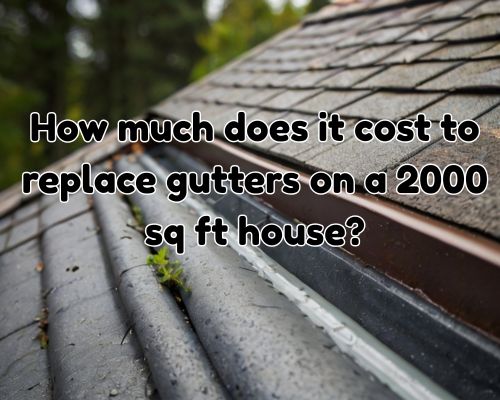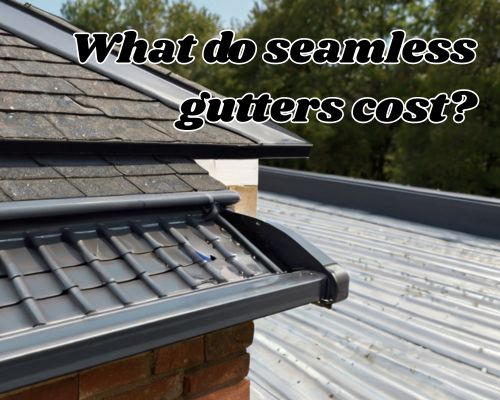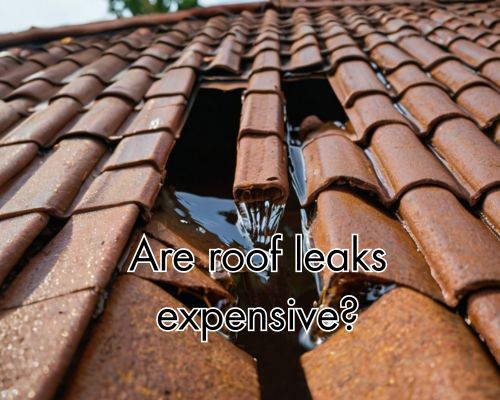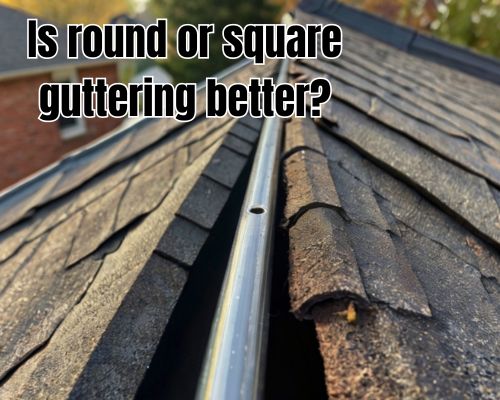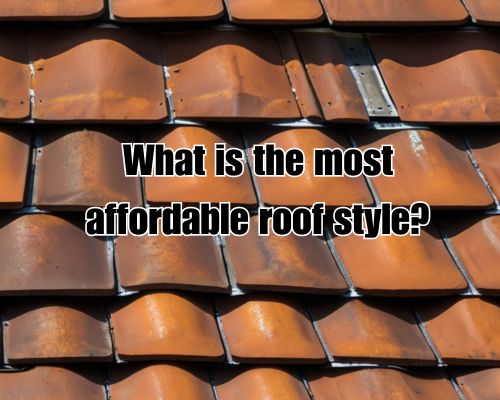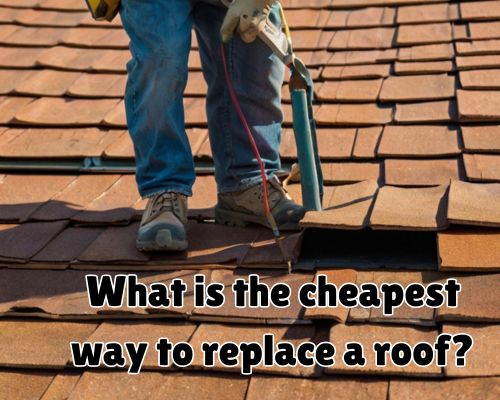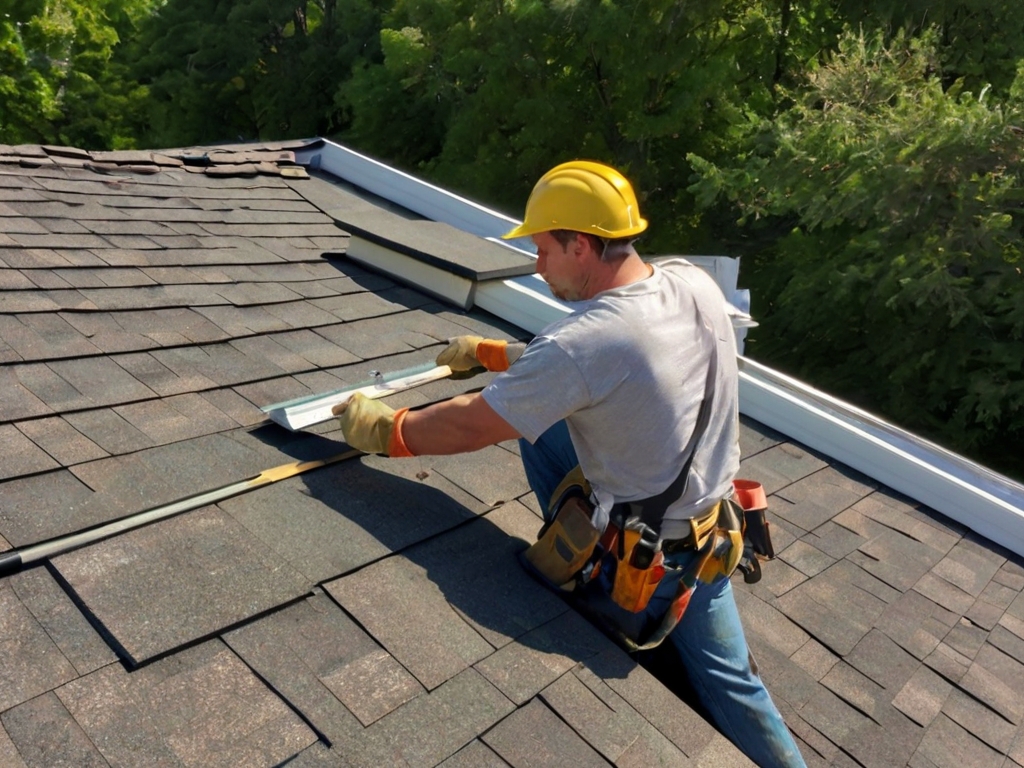What Does Gutter Cleaning Include? A Complete Guide for Homeowners in West Palm Beach, Florida
Gutter cleaning might not be the most glamorous part of homeownership, but it’s one of the most crucial—especially in tropical regions like West Palm Beach, Florida. The question “What does gutter cleaning include?” goes far beyond just removing leaves. In reality, a professional gutter cleaning service provides an essential layer of protection for your roof, foundation, and landscaping.
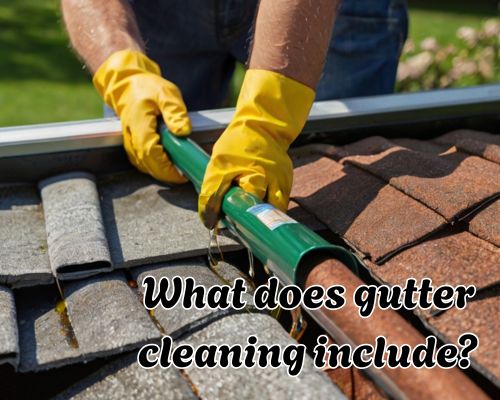
With Mike Owen of Gutters of West Palm Beach, we’ll break down what’s included in a standard gutter cleaning service, highlight the hidden dangers of neglected gutters, and explain why consistent maintenance matters in Palm Beach County’s subtropical climate. Whether you’re a homeowner, property manager, or local real estate investor, understanding these basics can save you thousands in repair costs.
Understanding the Function of Gutters in Florida’s Climate
Before we explore what gutter cleaning includes, it’s worth revisiting why your gutters matter—especially in West Palm Beach where rainfall is frequent and intense.
Your gutters collect rainwater from your roof and channel it safely away from your home’s structure. Without proper drainage, water can pool around your foundation, seep into basements, cause mold growth, and even erode your landscape. In Florida’s wet season (May to October), clogged gutters can quickly lead to water damage or mosquito infestations.
What Does Gutter Cleaning Include? A Breakdown of Standard Services
The best way to understand what gutter cleaning includes is to break it down into essential service components:
1. Debris Removal From Gutters and Downspouts
At its core, gutter cleaning involves the physical removal of:
- Leaves
- Twigs
- Roof shingle granules
- Seed pods
- Insects, nests, and even small animals
These are manually or mechanically removed from both gutters and downspouts. This is especially important in West Palm Beach neighborhoods with mature trees like royal palms, ficus, and mahogany, which shed year-round.
2. Downspout Flushing
A major part of a comprehensive cleaning includes flushing the downspouts with water or compressed air to ensure full flow. Even if the gutter troughs appear clear, downspouts can be secretly blocked, causing backups and overflow.
In humid climates like South Florida, these blockages can result in standing water—a perfect breeding ground for mosquitoes, including Aedes aegypti, a known carrier of dengue and Zika viruses.
3. Visual Inspection and Minor Repairs
Most reputable gutter cleaning services in West Palm Beach include a visual inspection. Technicians check for:
- Sagging or loose gutters
- Detached brackets
- Small holes or corrosion
- Gutter misalignment
- Early signs of wood rot on fascia boards
While some minor fixes might be included, major repairs typically require additional services or a referral to a gutter specialist.
4. Roof Edge and Valley Clean-Up
Because much of the debris in your gutters comes from the roof, a proper cleaning often includes clearing roof valleys, dormers, and drip edges. These spots collect granules and leaves that eventually flow into the gutters. Skipping this step means they’ll just clog up again after the next rainfall.
This is particularly critical in coastal Florida, where tropical storms can drop large volumes of debris from palm fronds or windblown trash.
5. Check for Water Flow Efficiency
After cleaning and flushing, professionals often perform a water test to verify that rainwater flows freely through the system and exits at the correct distance from the house’s foundation.
In West Palm Beach’s sandy soil, pooling water can lead to foundation shifting and lawn erosion if not drained properly.
Optional Add-Ons That May Be Included or Offered
While the five items above are standard, many companies also offer value-added services, such as:
- Gutter guard inspection or cleaning
If your home has leaf guards or mesh covers, these often need removal and reinstallation after cleaning. - Roof inspection reports
This is popular with real estate agents and property investors in South Florida looking to verify the condition of the home exterior. - Soft washing or power washing of gutters
Especially common for white aluminum gutters, this service removes exterior staining or algae growth. - Before-and-after photos
Homeowners often request these for peace of mind, especially if they aren’t home during service.
Why Professional Gutter Cleaning Is Crucial in West Palm Beach
Sure, you can clean your own gutters, but in Florida’s subtropical heat and high humidity, the risks multiply—slippery roofs, sudden rainstorms, fire ants, and even snakes in downspouts (yes, it happens!).
Hiring professionals especially from Gutters of West Palm Beach ensures:
- Safe ladder use
- Proper insurance coverage
- Knowledge of Florida’s building codes
- Efficient removal without damaging your gutters or roof
If your property is in a high-value area like El Cid, SoSo, or Flamingo Park, you’ll want a trusted, insured service that understands local architecture and roofing systems, such as tile, flat, or metal roofs.
How Often Should You Have Gutters Cleaned in South Florida?
In most parts of the U.S., gutters only need attention once or twice a year. In West Palm Beach, that recommendation rises to three to four times annually, particularly:
- At the end of the dry season (April)
- Mid-rainy season (July–August)
- Post-hurricane season (November)
Homes near Interstate 95, Lake Worth Lagoon, or Flagler Drive, where tree canopy density is high, may need more frequent servicing.
Local Insight: What West Palm Beach Homeowners Are Saying
Local West Palm Beach homeowners who keep up with regular gutter maintenance report:
- Reduced roof repair costs over time
- Improved drainage during tropical storms
- Cleaner soffits and siding
- Pest control benefits from eliminating nesting zones
Realtors in areas like Northwood Hills or Southland Park even cite clean gutters as a boost to curb appeal and home resale value.
Final Thoughts: What Gutter Cleaning Includes—and Why It Matters in West Palm Beach
So, what does gutter cleaning include? In short, it’s a comprehensive, multi-step process that goes far beyond scooping out leaves. In West Palm Beach, Florida, where seasonal storms, dense foliage, and moisture are constants, thorough gutter maintenance is essential to protect your home.
Whether you’re looking to avoid costly foundation damage or simply want peace of mind during hurricane season, professional gutter cleaning delivers value and safety—rain or shine.
Call to Action
If you’re unsure about the current state of your gutters or it’s been more than a few months since your last cleaning, now’s the time. Contact a local West Palm Beach gutter cleaning service to schedule a comprehensive inspection and protect your home from avoidable water damage.
📍 Proudly serving neighborhoods across West Palm Beach, including Grandview Heights, Sunshine Park, and beyond.
